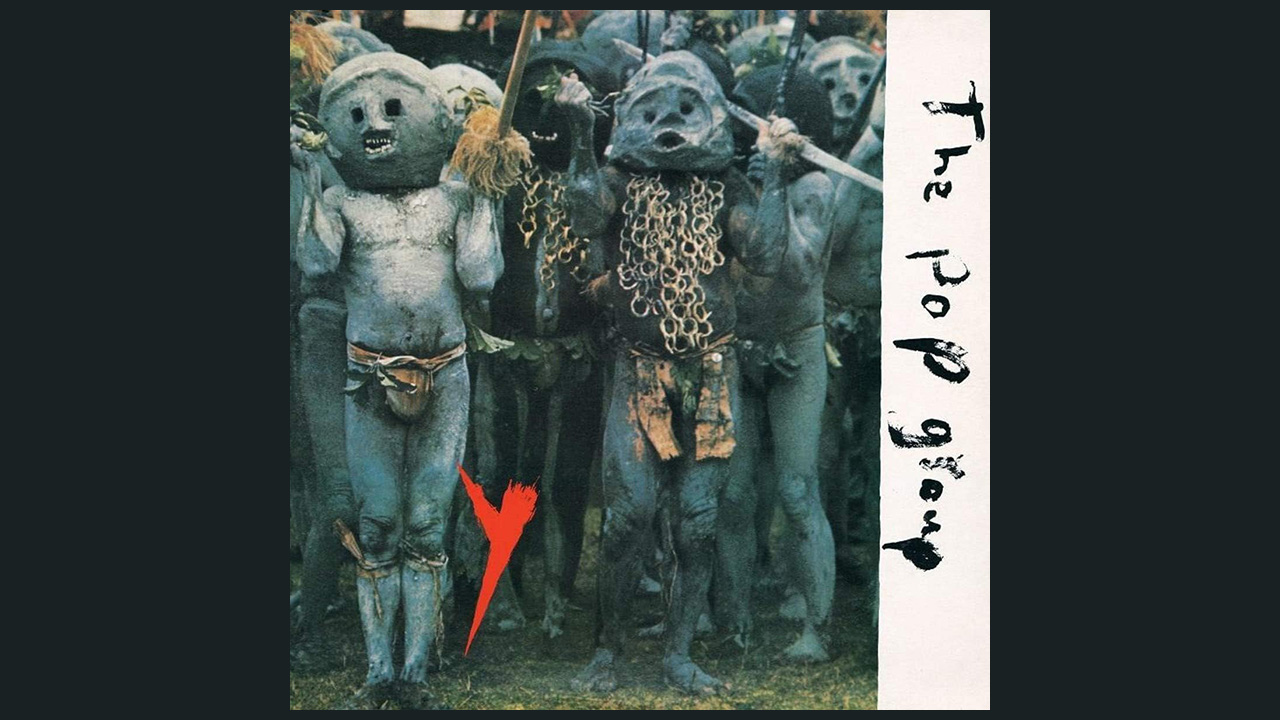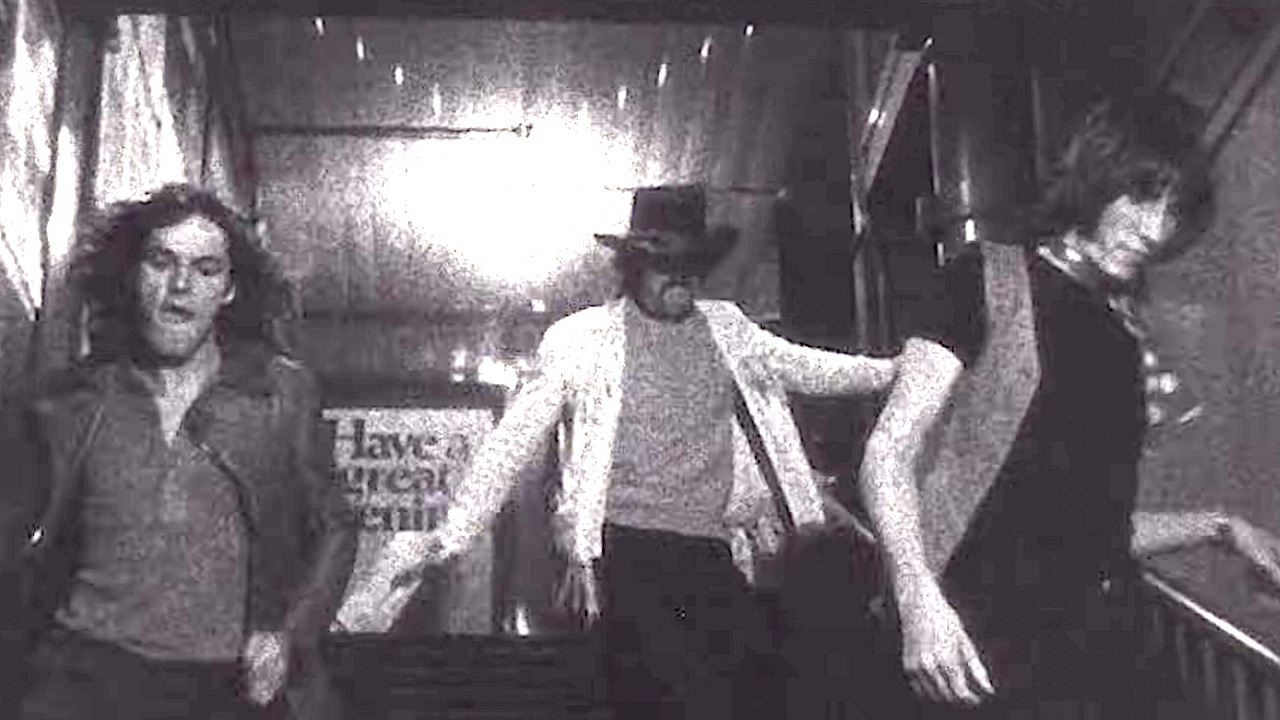“Not a simple or easy album… it’s almost as if they want you to run away screaming. Regardless, it’s a towering avant-garde work”: The prog power of The Pop Group’s Y
Some dismissed their debut record as nothing more than a mess, but it’s actually a towering avant-garde achievement

Any band calling themselves The Pop Group are either stating the bleedin’ obvious or have a perverse sense of irony. In the instance of the Bristol five-piece it was a case of the latter.
They started in 1977, when the world was safety-pinned to the supposed anarchy of punk. But what vocalist Mark Stewart et al were doing was truly anarchic because they refused to bend to any conformity.
Imagine what it might be like if Captain Beefheart became entangled in a John Zorn maze, and then add a quantity of acid to the resultant twisted percolation. Now you might have some clue as to where The Pop Group were going.
Y was released in 1979, and sounded like nothing else. There were those who dismissed it as a mess, but when you listen to what they were doing, it’s actually astonishing and very forward-thinking. The band switched from a funk groove straight into a dissonant dub concourse, which flowed into a free form jazz consonant, and then through a psychedelic guitar motif from either John Waddington or Gareth Sager. It was outrageously challenging.
There’s the feel of a jam session in progress. You get the impression that The Pop Group would never play a composition the same way twice, and that the album was actually a work in progress, rather than fully completed. But surely that should be the definition of art rock? No truly progressive band can ever believe an album is the ultimate representation of their music, but rather another step on a never-ending journey.
The record starts deceptively, as the funk motivated Thief Of Fire coerces you into believing this will be a rather straightforward process. It quickly mutates into something altogether more angular. Stewart’s vocals are atonal and distorted, but in a way that’s remarkably charismatic.
And the music rolls on, with Blood Money and Savage Sea holding the attention, as the band weave a tapestry of ideas that shouldn’t work, but are just breathtaking. Don’t Call Me Pain has a jazz rock underbelly on top of which a sonic insanity is built, and this continues through The Boys From Brazil, where the band mine Stockhausen and Suicide. Don’t Sell Your Dreams ends it all bathed in echoing chords which waft achingly in the air.
Sign up below to get the latest from Prog, plus exclusive special offers, direct to your inbox!
In some ways, the album concludes by leaving the listener glistening with a sweat brought on by a confusion as to whether this is a work of brilliance, or the product of warped minds. But that is what makes this so enticing.
Y is not a simple or easy album: at times it’s almost as if The Pop Group want you to run away screaming. But regardless of its challenges, it’s a towering avant-garde work that’s stood the test of time.
Malcolm Dome had an illustrious and celebrated career which stretched back to working for Record Mirror magazine in the late 70s and Metal Fury in the early 80s before joining Kerrang! at its launch in 1981. His first book, Encyclopedia Metallica, published in 1981, may have been the inspiration for the name of a certain band formed that same year. Dome is also credited with inventing the term "thrash metal" while writing about the Anthrax song Metal Thrashing Mad in 1984. With the launch of Classic Rock magazine in 1998 he became involved with that title, sister magazine Metal Hammer, and was a contributor to Prog magazine since its inception in 2009. He died in 2021.

